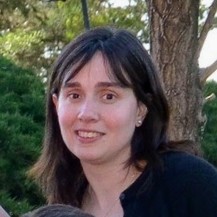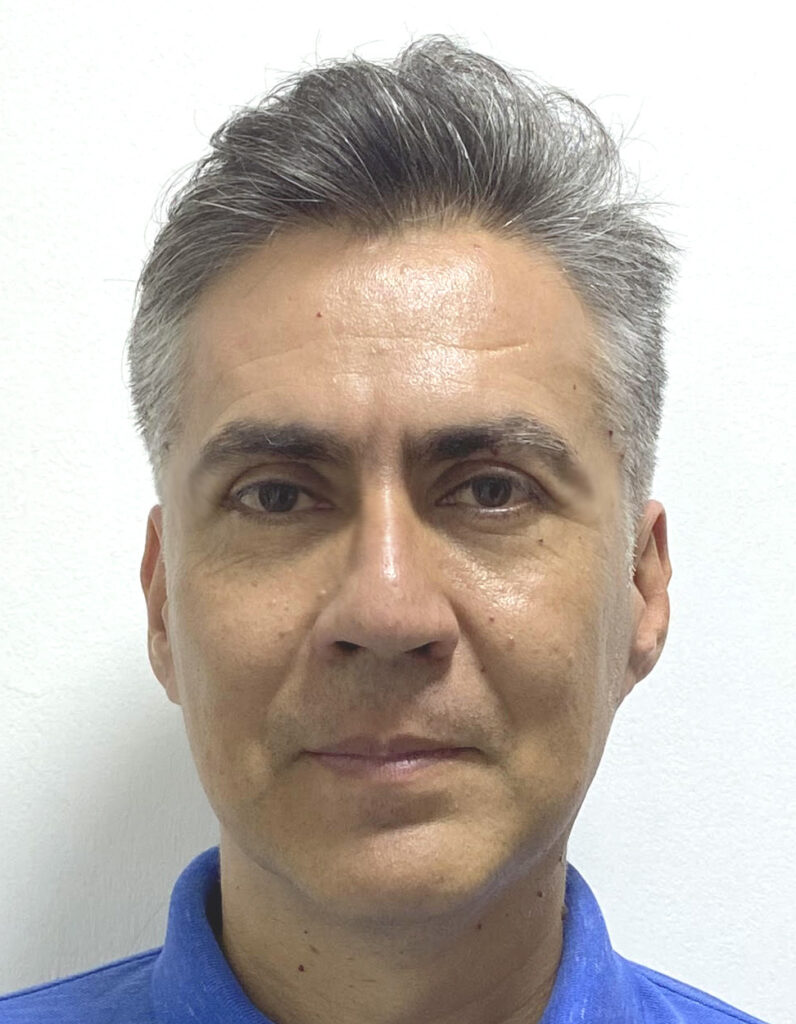Evaluation Committee Chairs
What is it about?
The CLTM has been running since 1998 within the framework of CLEI. Submitted theses must have been defended between April 1, 2024, and March 31, 2025 (strict deadline), be approved at the time of submission, and have been written at CLEI member institutions. Along with a summary of no more than 20 pages, the approval certificate and a list of articles published or under evaluation that report contributions from the thesis must be submitted. The three best theses will be awarded, based on the evaluation of the program committee and the CLTM chairs. The thesis is individual and therefore does not allow co-authorship. Co-authored abstracts will not be considered.
Contest Objectives
CLTM is an annual event associated with CLEI, whose objective is to recognize and promote the work of Ibero-American students who have recently completed their master’s theses in computing or computer science, whose content addresses one of the disciplinary areas defined in the computing curricula established by the IEEE/ACM. Only students graduating from CLEI member universities are eligible to participate.
Important Dates
- Deadline for paper submissions: May 18, 2025
- Notification of acceptance: July 6, 2025
- Submission of final version (camera-ready): August 10, 2025
Participation Process
Applicants who meet all the requirements for a master’s degree within the period between (To be determined) and from a master’s program at a Latin American or Caribbean university that is a member of CLEI are eligible to participate. Submissions must be individual (not group) submissions. Applicants must have fully completed their curriculum, including a thesis defense before an examining committee.
To participate in the competition, each applicant must submit a summary of their thesis with only themselves listed as the author.
Contributions will be judged by an Evaluation Committee based on the quality and relevance of the research, the appropriateness of the chosen methodology, original contributions, publications in international conferences and prestigious journals that demonstrate the impact of the thesis in their field of expertise, or patents demonstrating the relevance of innovation. The evaluation committee will select three finalist theses for the award.
Each application must contain the following material in PDF format:
- An extended abstract, in Spanish, Portuguese, or English, of a maximum length of 15 pages, including figures and bibliographic references, in the CLEI Electronic Journal submission format.
- A PDF file with the complete list of articles and/or patents and/or academic awards and distinctions that originated from the thesis work and that have been published in international and national journals and conferences. In each case, the complete list of authors and information on the publication’s ranking (using the CORE and SJR indexes) must be included.
- A digital version of a certification issued by the degree-granting institution, indicating that the applicant has effectively met all the requirements for obtaining a master’s degree within the period stipulated in this competition.
- A cover letter from the applicant, containing information on the thesis title, the first and last names and email addresses of the thesis supervisor and co-supervisor (if applicable), the degree obtained, and the university that awarded it. In this letter, the applicant must explicitly state that they are submitting the documentation to participate in CLTM 2025.
- A letter of endorsement from the representative of the applicant’s university, stating that the institution is a CLEI member and is up to date with payments.
The aforementioned documents must be submitted through EasyChair, sending a single compressed file (.zip or .rar), which must be named <Name>_<Surname>.zip or <Name>_<Surname>.rar.
A set of selected papers, including the three award-winning authors, will be invited to be published in a special edition of the CLEI Electronic Journal. Invited authors must submit an improved English version that differs by at least 30% from each of their existing publications. The paper will undergo a new evaluation process by peer reviewers assigned by the CLEI Electronic Journal.
Awards
The prizes will consist of a CLEI diploma indicating their place in the competition. The prizes will be awarded to the winners in person after they deliver a 30-minute presentation during the awards ceremony held at the LI Latin American Informatics Conference (CLEI 2025). Failure to deliver an oral presentation will result in the winner’s ineligibility for the corresponding prize or publication in the Latin American Informatics Conference proceedings.
Finalists Support
Finalists in the Latin American Master’s Thesis Competition will receive financial support to cover their travel expenses (airfare and accommodation) of up to USD 900. This support will be delivered in cash at the conference or via bank transfer afterward. Finalists must submit receipts for their respective expenses, and actual expenses will be covered up to the stated maximum.
Program Committee Members
- Alejandro Crema – Universidad Central de Venezuela – Venezuela
- Martín Pedemonte – Universidad de la República – Uruguay
- Jose Eduardo Ochoa Luna – Universidad Católica San Pablo – Perú
- Gerardo Sarria – Pontificia Universidad Javeriana Cali – Colombia
- Rodrigo Santos – Universidad Nacional del Sur – Argentina
- Francisco J. Quiles – Universidad de Castilla-La Mancha – España
- Horacio Legal-Ayala – Universidad Nacional de Asunción – Paraguay
- Diego Pedro Pinto Roa – Universidad Nacional de Asunción – Paraguay
- Marcelo Mejia – ITAM – México
- Jonás Montilva – Universidad de Los Andes – Venezuela
- Marlene Goncalvez – Universidad Simón Bolívar – Venezuela
- Juan Francisco Díaz Frias – Universidad del Valle – Colombia
- Ana G. Maguitman – Universidad Nacional del Sur – Argentina
- Axel J. Soto – Universidad Nacional del Sur – Argentina
- Yovani Marrero-Ponce – Universidad San Francisco de Quito – Ecuador
- Mauricio Solar – Universidad Técnica Federico Santa María – Chile

